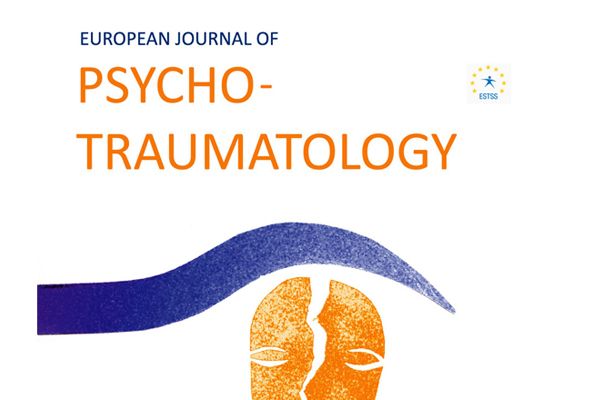23 mei 2020
European Journal of Psychotraumatology
S. Loos, D. Tutus, R. Kilian & L. Goldbeck
https://doi.org/10.1080/20008198.2020.1753939
Background: Caregivers play a key role in the success of trauma-focused cognitive behavioural therapy (TF-CBT). Yet, the effect of their alliance on treatment outcomes besides the other parties in treatment has hardly been studied.
Objective: This study examined the working alliance (WA) of therapists, patients and caregivers in TF-CBT and its contribution on treatment outcome over time.
Methods: N = 76 children and adolescents (mean age = 12.66 years, range 7–17, M/F ratio: .43) participated in the TF-CBT arm of a randomized controlled trial. The WA was assessed with the Working Alliance Inventory Short Version (WAI-S) at two measurement points, while symptom level of posttraumatic stress symptoms (PTSS) was assessed with the Clinician-Administered PTSD Scale for Children and Adolescents (CAPS-CA). Paired sample t-tests, intraclass correlations (ICC), and mixed-effects regression models for longitudinal data were performed.
Results: The alliance rating was high across all informants, with caregivers achieving the highest rating. The average level of cross-informant agreement on the alliance was low between therapists and caregivers (ICC = .26) and moderate between therapists and patients (ICC =.65). A significant contribution of an alliance improvement to the reduction of PTSS over time was found in each of the two tested models: therapists with patients model (b = .682) and therapists with caregivers model (b = .807). However, these effects were not detected with all four perspectives in one comprehensive model.
Conclusion: In summary, the potential of caregivers’ views should receive more attention in the therapeutic process of trauma-focused therapy.
Received 15 Apr 2019, Accepted 29 Mar 2020, Published online: 13 May 2020

Het European Journal of Psychotraumatology (EJPT) is een peer-reviewed, interdisciplinair wetenschappelijk tijdschrift dat deel uitmaakt van de European Society for Traumatic Stress Studies (ESTSS).
Het EJPT heeft als doel om wetenschappers, behandelaren en experts te betrekken bij de belangrijkste vraagstukken rond stress en trauma, waaronder individuele gebeurtenissen, herhaalde of chronische trauma's, grootschalige rampen en geweld.

